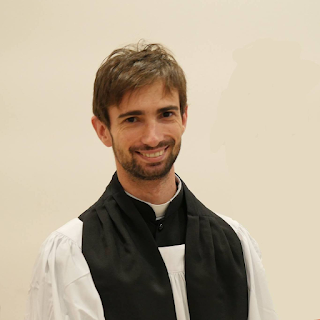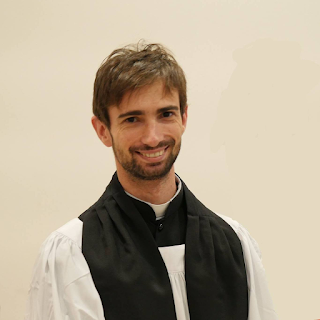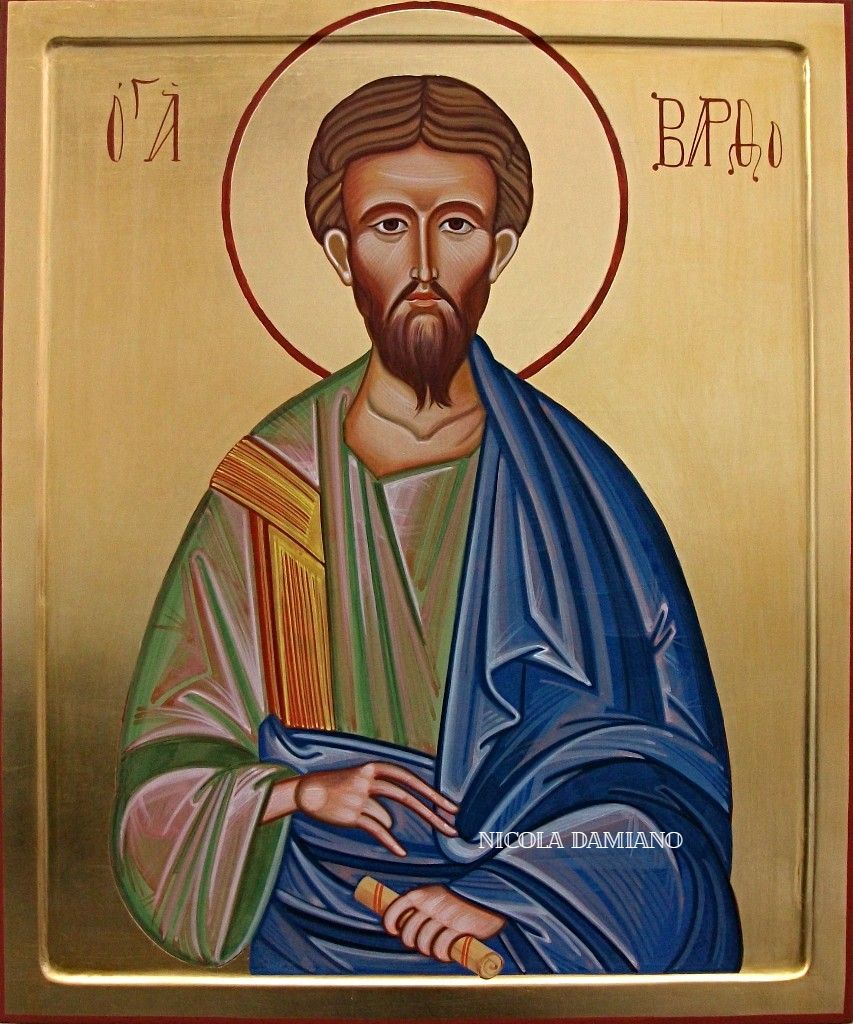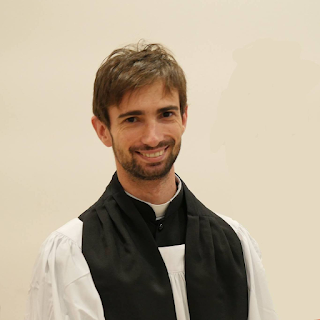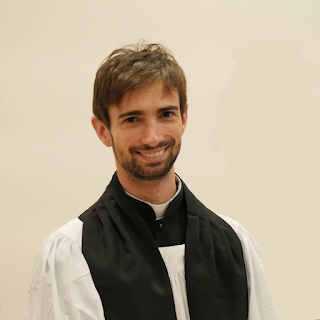Reading
Luke 4:38-44
38 Jesus left the synagogue and went to the home of Simon. Now Simon’s mother-in-law was suffering from a high fever, and they asked Jesus to help her. 39 So he bent over her and rebuked the fever, and it left her. She got up at once and began to wait on them.
40 At sunset, the people brought to Jesus all who had various kinds of sickness, and laying his hands on each one, he healed them. 41 Moreover, demons came out of many people, shouting, “You are the Son of God!” But he rebuked them and would not allow them to speak, because they knew he was the Messiah.
42 At daybreak, Jesus went out to a solitary place. The people were looking for him and when they came to where he was, they tried to keep him from leaving them. 43 But he said, “I must proclaim the good news of the kingdom of God to the other towns also, because that is why I was sent.” 44 And he kept on preaching in the synagogues of Judea.
Comment
While in the parallel episode of Mark (Mk 1:31) it is physical contact with Jesus that causes healing, here is his word. Luke uses the same verb (Gr. Epitimao, to win with a command, to intimate) used in reference to the previous exorcism on the possessed in the synagogue of Capernaum (Mk 4:35).
From this narrative, we learn that Peter is married, as Paul also attests in his first letter to the Corinthians (1 Cor 9:5), although no details are ever given about his wife. Simon's mother-in-law's fever is traced back to a demonic force. Jesus proves to be a guest who does not come "empty-handed", his visit in our life brings healing and liberation from the power of evil.
Even among the sick who at sunset are led to Jesus to lay his hands on them, there are many victims of demons (v. 41) who recognize the nature of Christ, but far from welcoming him, they react by running away and shouting. Jesus tells the demons to be silent, probably because in this phase of his ministry he does not want the hostility of the religious leaders to increase, with the revelation of his messiahship.
Jesus does not heal the sick by raising his arms to heaven in prayer but by imposing them on him, demonstrating that he acts with authority and by his own divine power. In the parallel passage of Matthew (Mt 8:16-17) the quotation from Isaiah "he took up our pain and bore our suffering" (Is 53:4) links the healings to the expiatory role of the suffering Messiah.
After having exercised numerous healings, Jesus retires to the desert, a place of rest and prayer but, sought after by the crowds, he soon resumes his ministry.
The itinerary that Jesus is following is established by God; he must also evangelize the other cities (v. 43). The importance of this announcement is underlined by the frequency with which Luke uses the Greek verb euangelizo (to announce), both in his Gospel (ten times) and in Acts (fifteen times), while it is found only once in Matthew and it is not present in the other Gospels.
With the healing of Peter's mother-in-law and the sick of the city of Capernaum, Jesus shows himself to be the doctor of souls and bodies; a doctor who takes our pain upon himself and for this redeems it, investing it with meaning. What heals man is not avoiding suffering, which necessarily passes through every life, but placing it in the hands of God who bends over us (v. 39), allowing it to be touched by his love for him.
Prayer
Grant us, o Lord, to discover, beyond the sufferings of this earthly life, the beatitude of the encounter with you, which can be realized from now on through faith. Amen.
- Rev. Dr. Luca Vona



